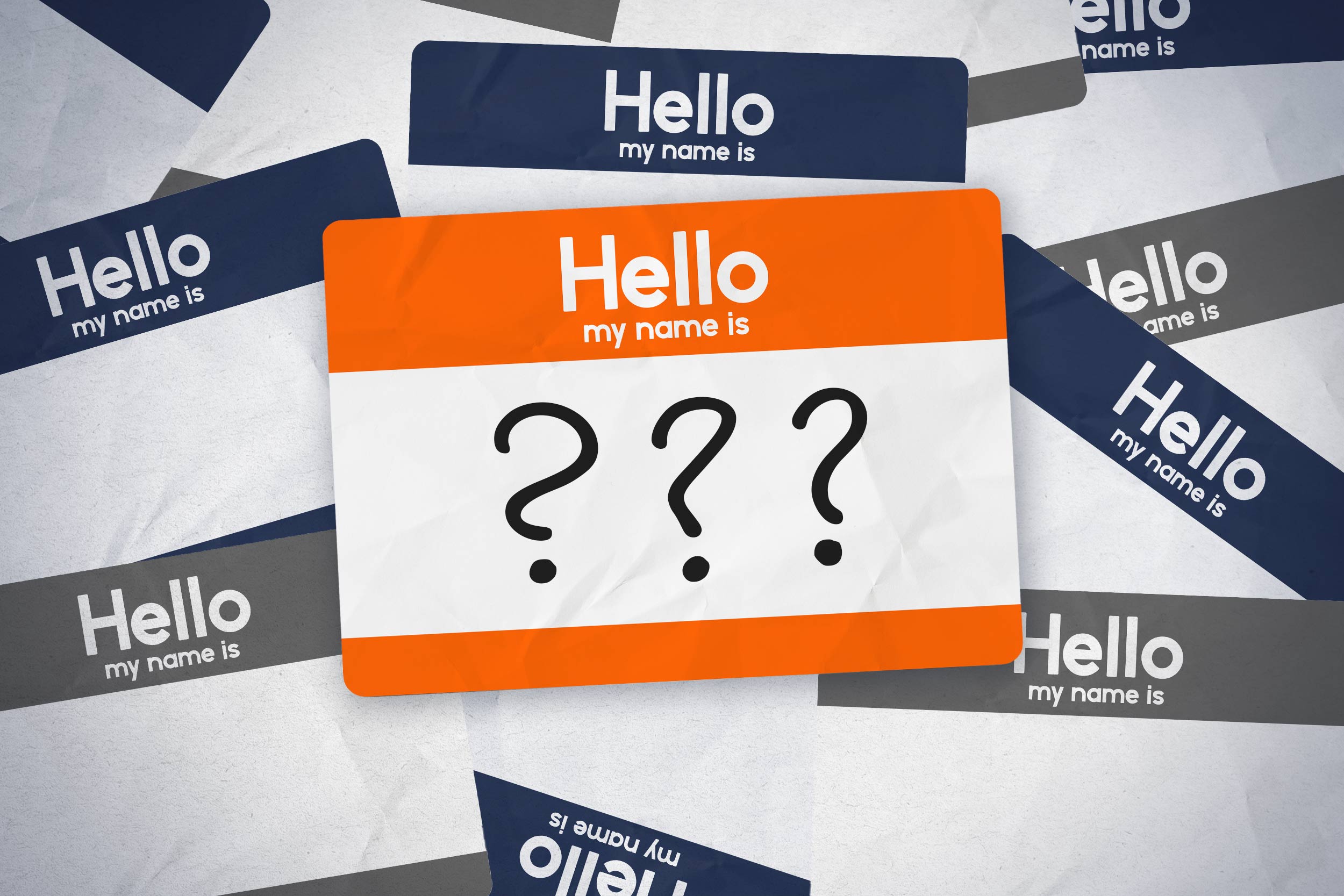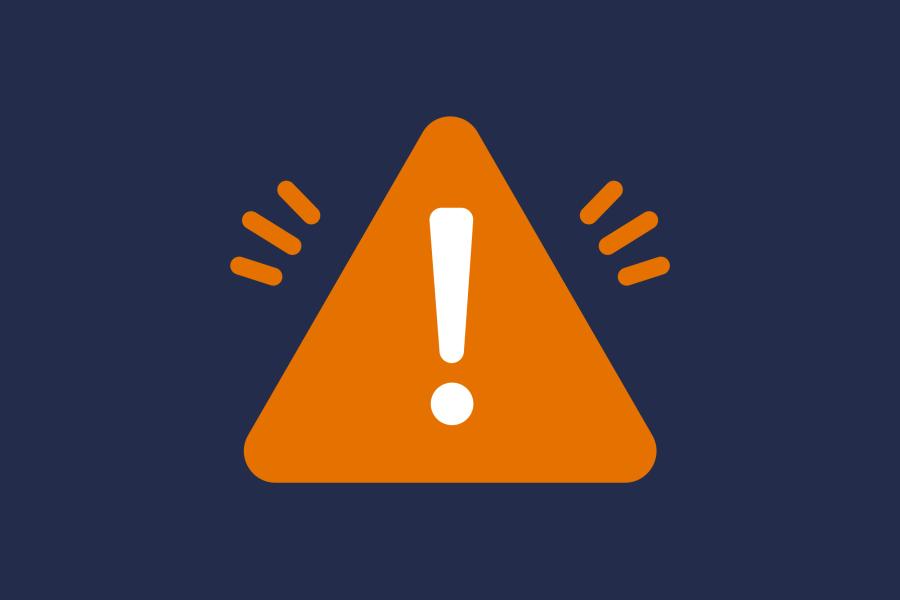The promise of meeting new people can be an exciting part of any new start, whether it’s beginning your undergraduate career, starting a new job, or returning to the University of Virginia’s Grounds for a new year. But it can be overwhelming to meet loads of strangers and daunting to keep their names straight.
Daniel Willingham is a trained cognitive psychologist and UVA psychology professor who has researched memory and the applications of cognitive psychology to education.
Q. What makes it difficult to remember names?
A. There are three main things that can make it tricky.
The first is that associations are completely arbitrary. When you meet someone new, there’s no particular reason that their name should be Susan, for example. It could be anything. So, it’s different than memorizing things for a chemistry test where you can think about what context makes the most sense. There’s no logic to help you.
There may also be confusion when you meet someone whose name is not unique to you. Say you meet a Daniel, but you already know several people with that name. So, when you go to your memory to find it later, there aren’t unique associations.






